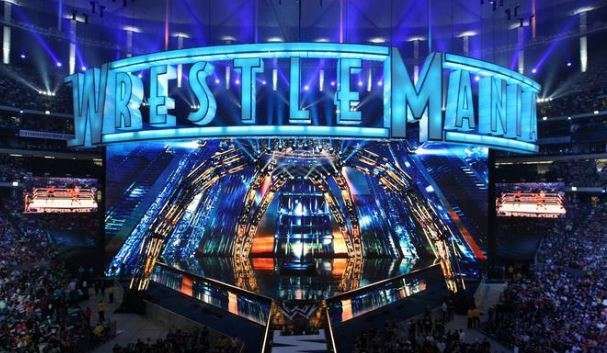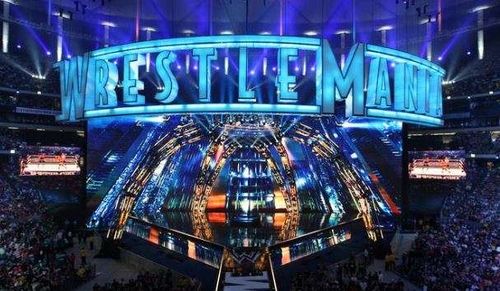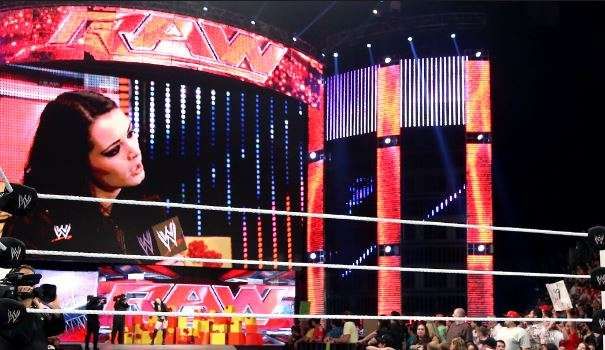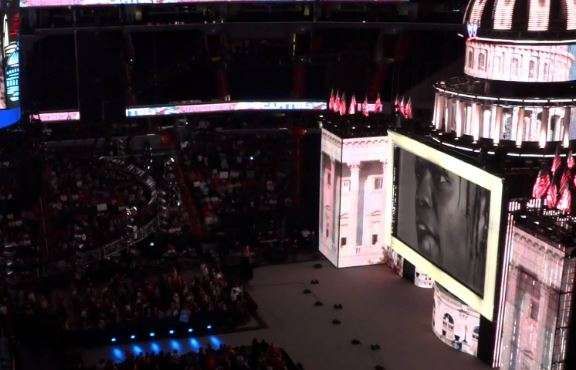
Why different stages are so important in the WWE
All wrestling fans are different – let's get that out of the way from the first whistle. Two fans would never completely agree on everything, and it's because of that we tend to get so much animosity among the internet wrestling community. In reality, what we should be engaging in is friendly debates in which both sides argue their cases in a respectable manner.
Now that may seem a tad ridiculous to some of you who probably think we're about to break out into a song about friendship, but it actually makes a lot of sense. Professional wrestling and sports entertainment, in general, wasn't always this hostile and it seems as if the post-Attitude Era lull brought this sense of negativity that has spread throughout the WWE Universe.
It's not pretty and it doesn't fit the character whatsoever because this industry and WWE specifically is supposed to make us forget all of our problems. We're supposed to delve into the likes of Raw and SmackDown on a weekly basis knowing that we can forget about our problems for the time being instead, focusing on new and interesting storylines.
So when we remove those pessimistic voices from our heads and from our laptop screens, we tend to expect a number of different things from the shows. Good wrestling, good storytelling and good production values. The first two can vary from time to time, but the latter should be the easiest concept of them all to master.
After all, we've seen down the years how intricate and imaginative WWE can be with some of their stages. Hell, even the B show pay-per-views have had some outstanding production down the years which includes the ramp, the ring ropes, the apron and most importantly the set as a whole.
If you aren't particularly interested in this or don't really care, then allow us to explain why we think it's so important. First off, it makes the shows feel that little bit more special. If we are subjected to the everyday designs that we see on Raw and SmackDown, people could tune in and genuinely think they're just watching the weekly product.
Meanwhile, with a set, it starts to become ingrained in your mind as to what you're watching. It stands out above everything else because you can look back on that event and know instantly which year you were thinking of before watching it on the WWE Network for nostalgia purposes.
Take events like Capitol Punishment for example. That's a show that nobody tends to look back on with much fondness, but it had a number of good aspects to it and people will always have it in their minds because of the set and the theme. The White House idea was bold and it paid off because it created a different atmosphere.
Speaking of a theme, it runs throughout the entire show. Whether it's the colour scheme, the tagline or the logo; the smaller details can be utilised in a way that makes the event feel more specific. Let's take last year's Royal Rumble as an example with its warrior-like theme. If they implemented that idea within the set a little bit more, it may have felt more important. We aren't saying go to WrestleMania IX levels of extreme, but find the middle ground.
Plus, it gives us a generally higher opinion of the backstage team. Whilst there are people that demand for the promo workers or people who put up the set to be recognised, the disappointment from fans when they see a dull set undoes all of that hard work. People like Kevin Dunn are already given a bad name among the more in-the-know members of the WWE Universe, but we shouldn't allow for that to change our opinion of the guys and girls who put in more effort than anyone.
We know how much effort it takes to put everything up and take it all down again, but creativity is what the WWE used to be built on. If we are perceiving them to be lazy and not properly orchestrating the entertainment necessary, then what kind of message does that send to everyone else on the payroll?
Also, it keeps the fans guessing and gives them something to talk about as they head into the shows. For example, there's a reason why the WrestleMania stage receives so much attention year in and year out. It's because thousands upon thousands of people are interested to see what WWE pull out of the bag this year, and it adds to the "larger than life" spectacle that we know and love to this day.
The WWE condition us to remember how much effort goes in behind the scenes. Hell, they even cut that Bryan promo a few years back during which they were telling us how many lightbulbs and production trucks it took to sort everything out. So with that in mind, why not just go that extra mile for us. It doesn't even need to be every single pay-per-view, just make it happen on a slightly more regular basis. Is that too much to ask?


